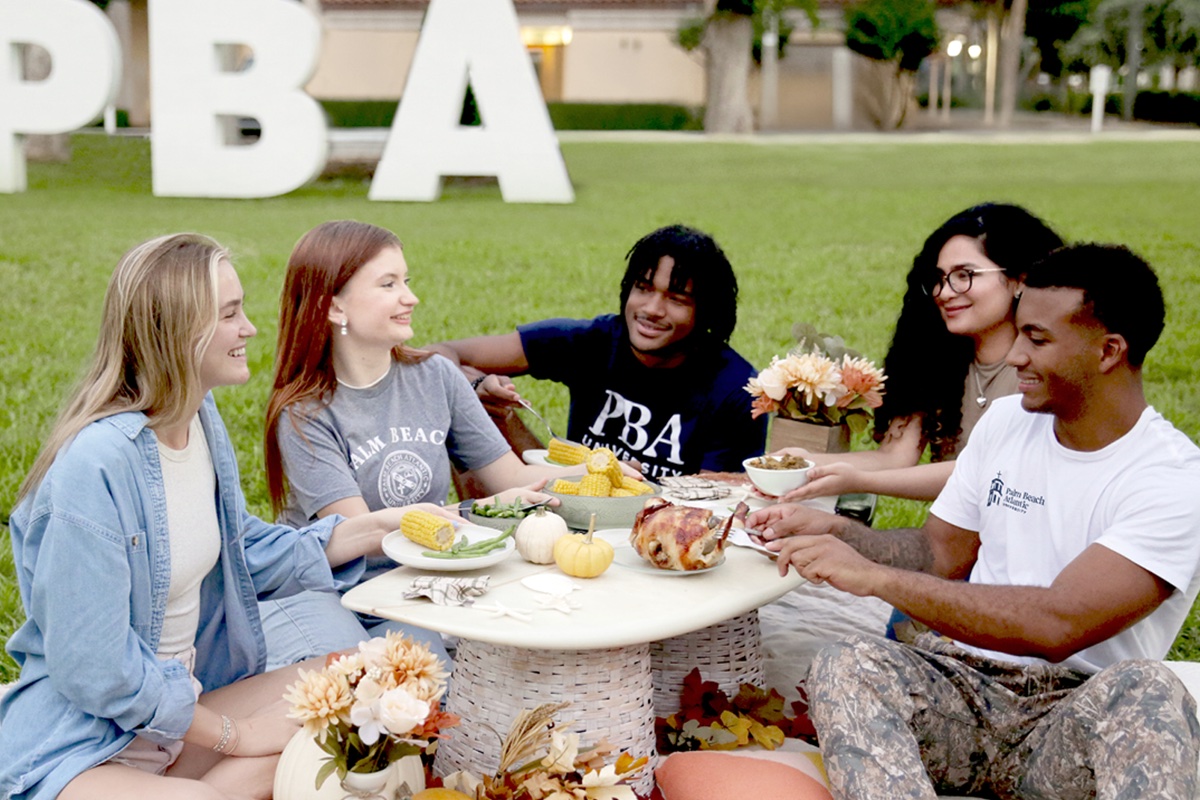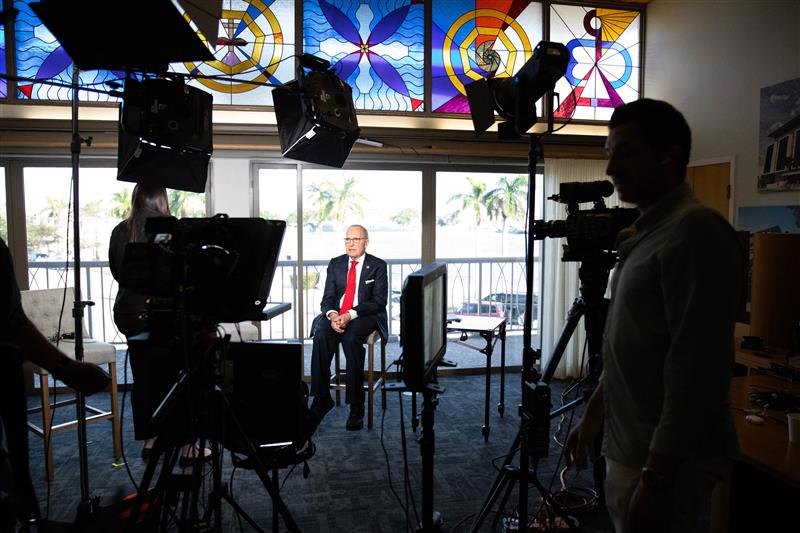Anti-human trafficking champion Rebecca McDonald began her remarks to future pharmacists and nurses with this powerful entreaty: “Your role is so vital as caregivers, because you can shine a light into your client’s darkness like nobody else.”
“You can ask questions that other people can’t – police can’t, counselors can’t,” McDonald said.
McDonald, founder and president of Women at Risk, International, presented the virtual “Human Trafficking through the Health Care Lens” at the Gregory Center for Medical Missions’ virtual spring forum last week. Students and faculty in the Lloyd L. Gregory School of Pharmacy and School of Nursing participated, and the broader West Palm Beach health care community was invited.
McDonald will host a Q & A 2:30 p.m. April 9 in Gregory Hall. Please register here to attend.
Human trafficking is the fastest-growing criminal enterprise in the world, exceeding even guns and drugs, McDonald said. Every 30 seconds, somewhere in the world, a person is being sold against his or her will for either labor or sexual slavery through force, coercion and fraud.
While traffickers often exploit vulnerable people in the developing world, they also ensnare American citizens and traffic them within the United States, McDonald said. Traffickers have begun using older teenage girls to target younger, unsuspecting peers at parties, she said.
“Domestically, we have a bigger problem in our country here with our own sons and daughters and granddaughters and siblings than we have with foreigners brought here,” McDonald said, citing FBI statistics. “This is a carnage of the innocent.”
McDonald, the daughter of a missionary surgeon, grew up in Bangladesh. When one of her childhood friends was assaulted and fought back, the attackers threw acid down her friend’s throat to silence her forever. Since then, McDonald has made it her life’s work to be a voice for the voiceless. She founded Women at Risk, International to create circles of protection around those at risk through culturally-sensitive, value-added intervention projects.
McDonald educated participants on how to recognize signs of trafficking and respond. Overseas, human trafficking will look like torture. In the U.S., it may look more like “domestic violence on steroids,” McDonald said.
Signs include multiple sexually-transmitted diseases, vomiting, malnourishment, missing teeth or teeth grinding, headaches and dizzy spells, super dry skin, neck pain, back pain, an inability or unwillingness to make eye contact and symptoms of post-traumatic stress disorder.
Eighty-eight percent of women in trafficking situations encounter a health care professional but are not identified, which underscores the trafficker’s lies that no one cares for them.
In contrast, McDonald recounted the story of one distraught paramedic who reported to authorities that a quadriplegic was being abused. When police arrived, both the woman and her abusers were gone. But when the woman turned up in the emergency room later a few weeks later, there was a record.
“You are a piece of a 1,000-piece puzzle, and if you don’t do your part, the puzzle will never be whole,” McDonald said.
She shared the hopeful story of a 4-year-old boy in the developing world whose underage, enslaved mother brought him to Women at Risk, International. Now grown, he recently finished engineering school.
“There is hope,” McDonald. “The government can rescue, but it can’t create family, it can’t create the family of God and it certainly can’t give the peace that passes all understanding.”
McDonald has a lot of hope, too, in young people: “I want to encourage you that you have so much potential as a generation … I look forward to the day when you are in charge and Micah 6:8 is your mantra: to do justly, love mercy and walk humbly.”


